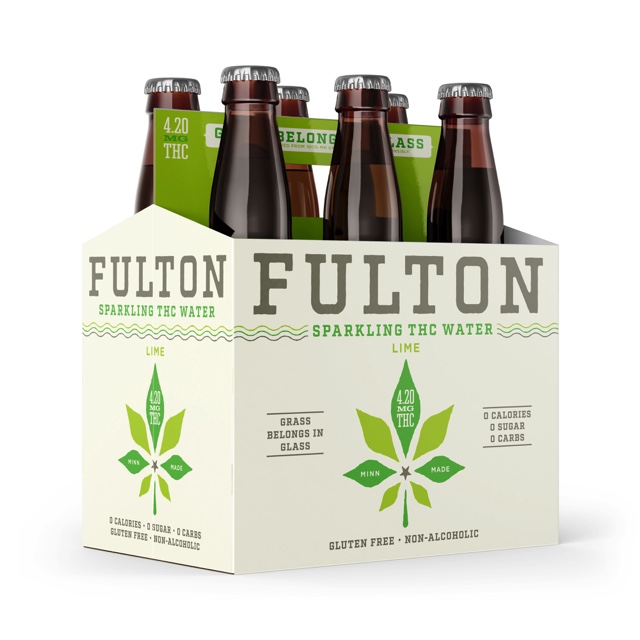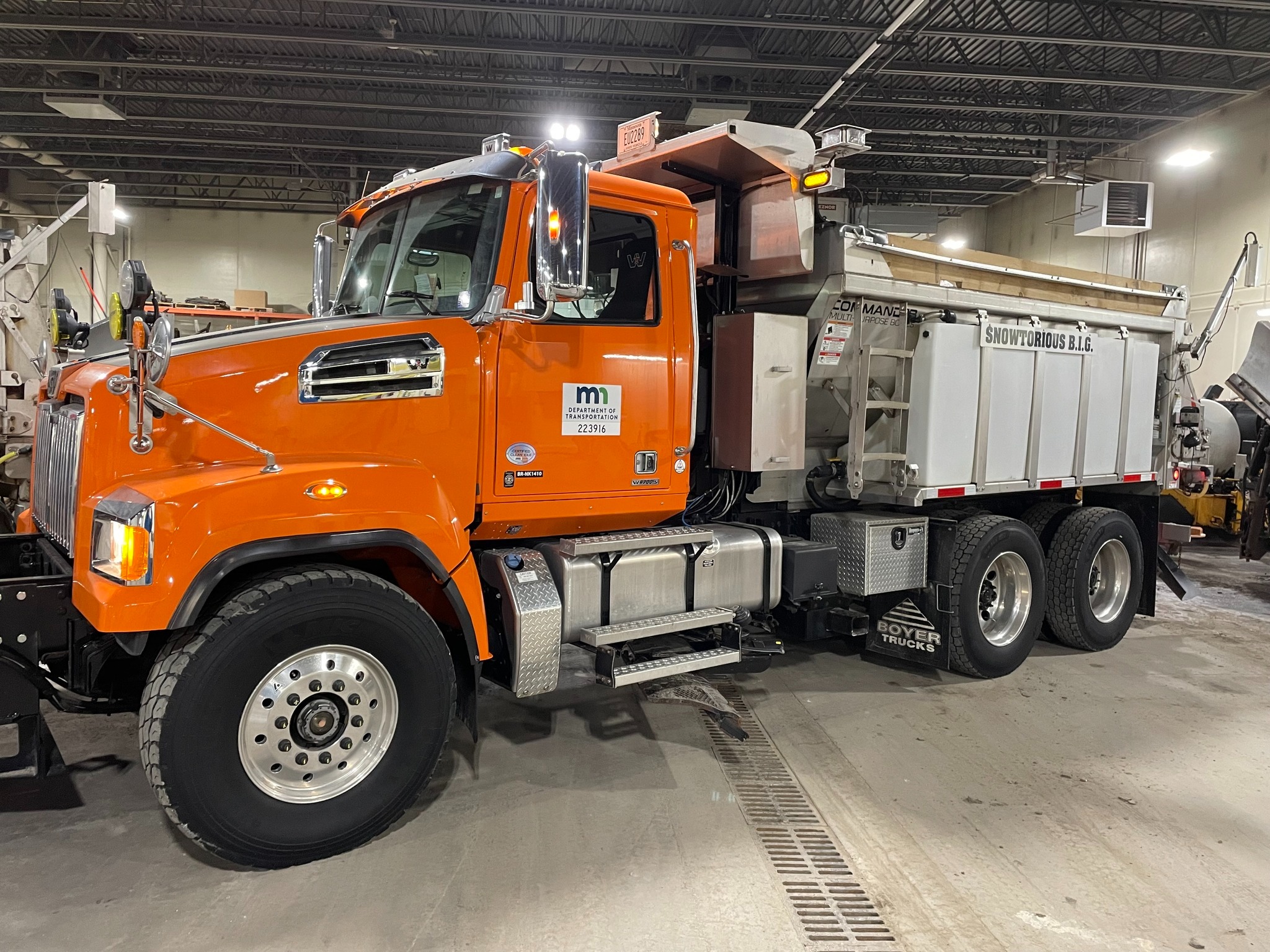You’re in a headshop, and you decide to skip the gummies and chocolates for a new-fangled THC beverage. You take it home, crack it open, down that tasty sparkling drink as fast as you can, and wait for the buzz to kick in.
And then you keep waiting. And waiting. And then—wait, is it hitting?—nope, not yet. An hour or so goes by and you realize that your sweet buzz is never going to hit. What a waste of $8.
If you’ve experienced this, you’re not alone. While cannabis seltzer brands boasted of a quicker high than traditional edibles when they started hitting the market, many (your author included) have found it hard to get high drinking THC. Part of the problem could be the liners used in aluminum cans.
Scientists are just starting to understand what’s going on here, but the main theory is that the cannabis emulsions suspended in beverages tend to seep into the can’s polymer liner and cling to it. By the time you crack that bad boy open, the THC content is in the can, literally.
“We're hearing that there is a problem with the can linings. That THC is leaching into the can linings and making shelf stability drop, and a host of other problems,” Craig Wiggins of research group TheCannalysts explains to Yahoo Finance Canada.
This discovery has led to a slew of product delays and attempts to create new liners that don’t suck up your hit of THC.
There is one obvious workaround: Just package your THC bubbly in glass bottles. That’s the conclusion Ryan Petz, CEO and co-founder of Minneapolis-based Fulton Beer, came to when deciding to make a cannabinoid beverage.
“This can liner thing is an issue for companies that have been doing it for a lot longer than anybody in this state has,” he says. “We obviously try to make our decisions based on what is going to be best for the product. So when we saw the contrast between glass, which is inert and doesn’t really have an effect, and what happens with cans, there really wasn’t much further conversation to be had.”
Fulton’s take on THC bubbly, simply dubbed “Sparkling THC Water” is available in the taproom starting this week and will be in stores soon as well. Each bottle of the non-alcoholic beverage contains 4.20 mg (nice) of THC. The first batch is lime flavored; blood orange is planned next. According to Petz, the process of creating Fulton’s first THC drink has been a pretty smooth one.
“In some ways it’s a lot simpler than beer,” he explains. “With beer we have this whole brewing process where we’re using grain and hops and water and yeast and we’re fermenting and creating the alcohol ourselves. With THC beverages, we’re blending something that we’ve purchased from a local supplier. But it’s the THC oil and emulsion that mixes in with water and food flavoring in our tanks. So it’s a different process. In some ways it’s easier, and in some ways it’s harder.”
One major difference between weed bubbles and beer? The beer and hard seltzer industries are highly regulated. Meanwhile, THC manufacturing hardly has any rules in the state of Minnesota. But beer companies like Fulton are used to following rules, and apply that mentality to their THC processes.
“We’re so accustomed to beer being highly regulated. There are lots of layers—city, state, federal, different licensing agencies inspect you—so we’re very comfortable with that, it’s what we do,” Petz says of brewing beer and making hard seltzers. “The development of our THC products is so different because it is so minimally regulated at this point. We’re still going through making sure we have the quality and making sure what we say on the label is true and up to par. But there are so many times where we’ve been like, ‘It seems like we should be able to ask or check in with somebody about this.’ But nobody’s really directly overseeing anything yet.”
Right now, like many companies entering the THC market, Fulton is working toward getting past that beginner’s learning curve, figuring things out, and studying up on the best ways to manufacture weed drinks.
“There are things for the THC industry, trade associations, and more and more literature out there, but it’s nowhere near the level of the beer industry which has been legal and established for so much longer,” says Petz. “With THC, that knowledge is out there, but it’s not as easily found or as widely agreed on.”






